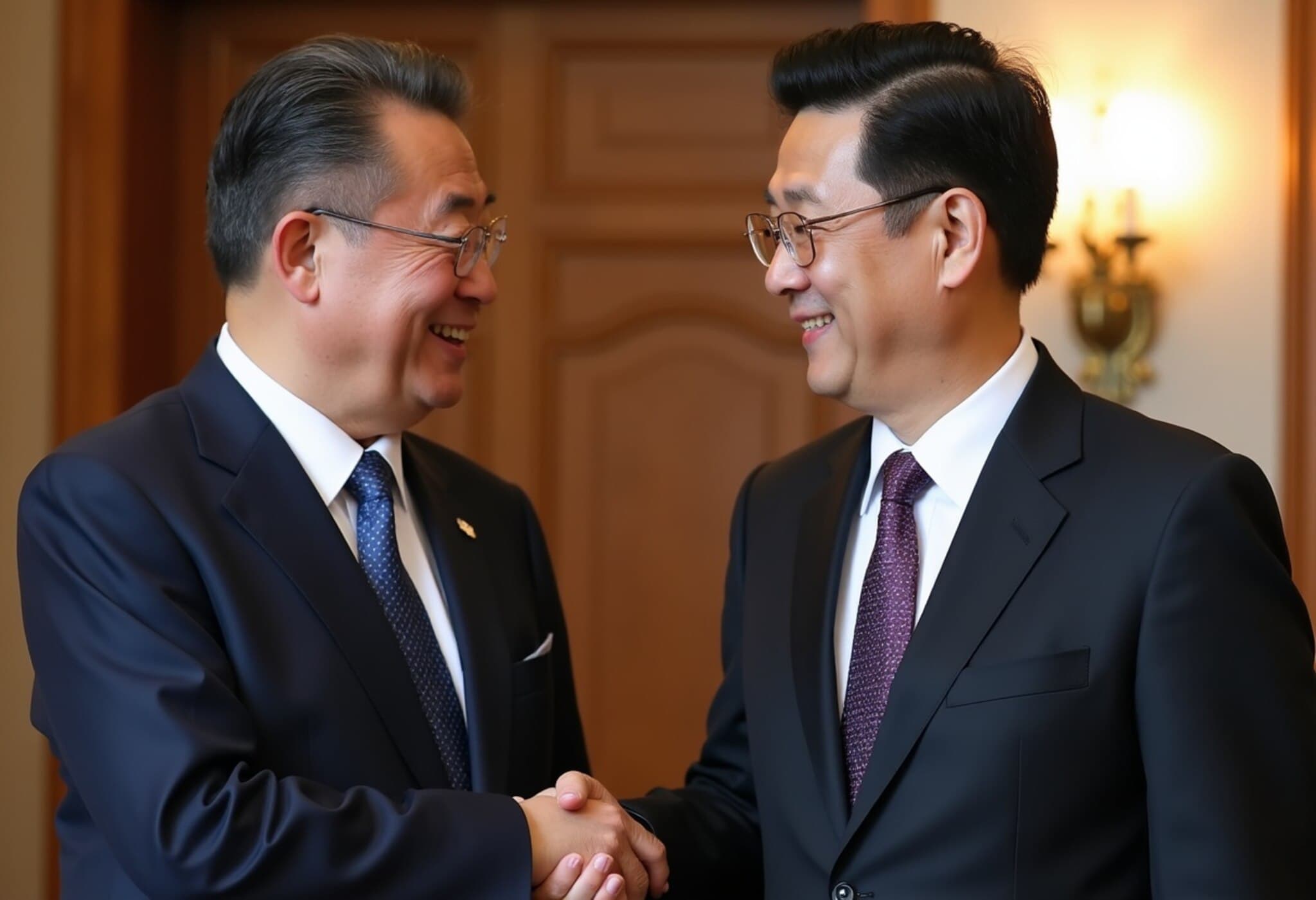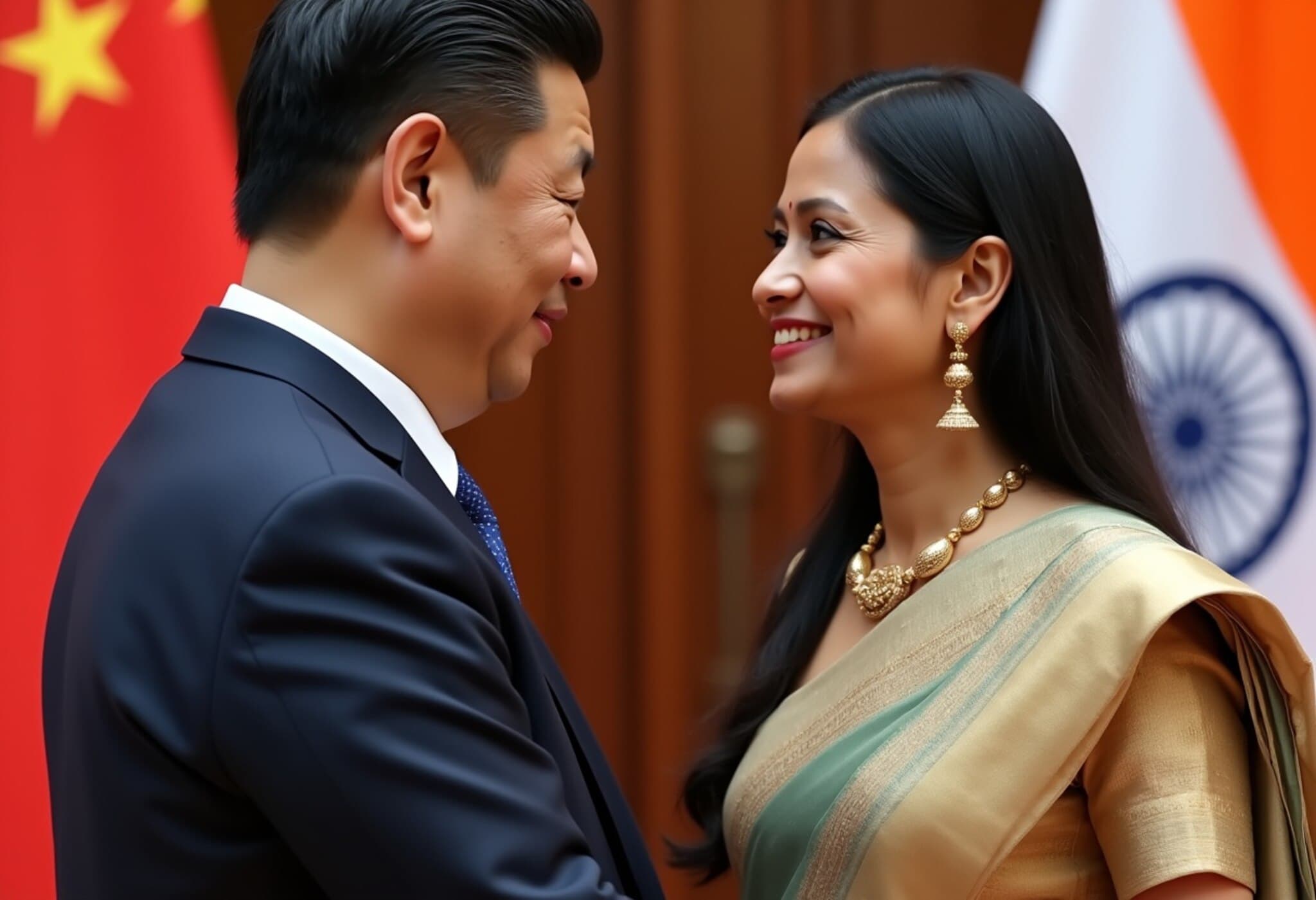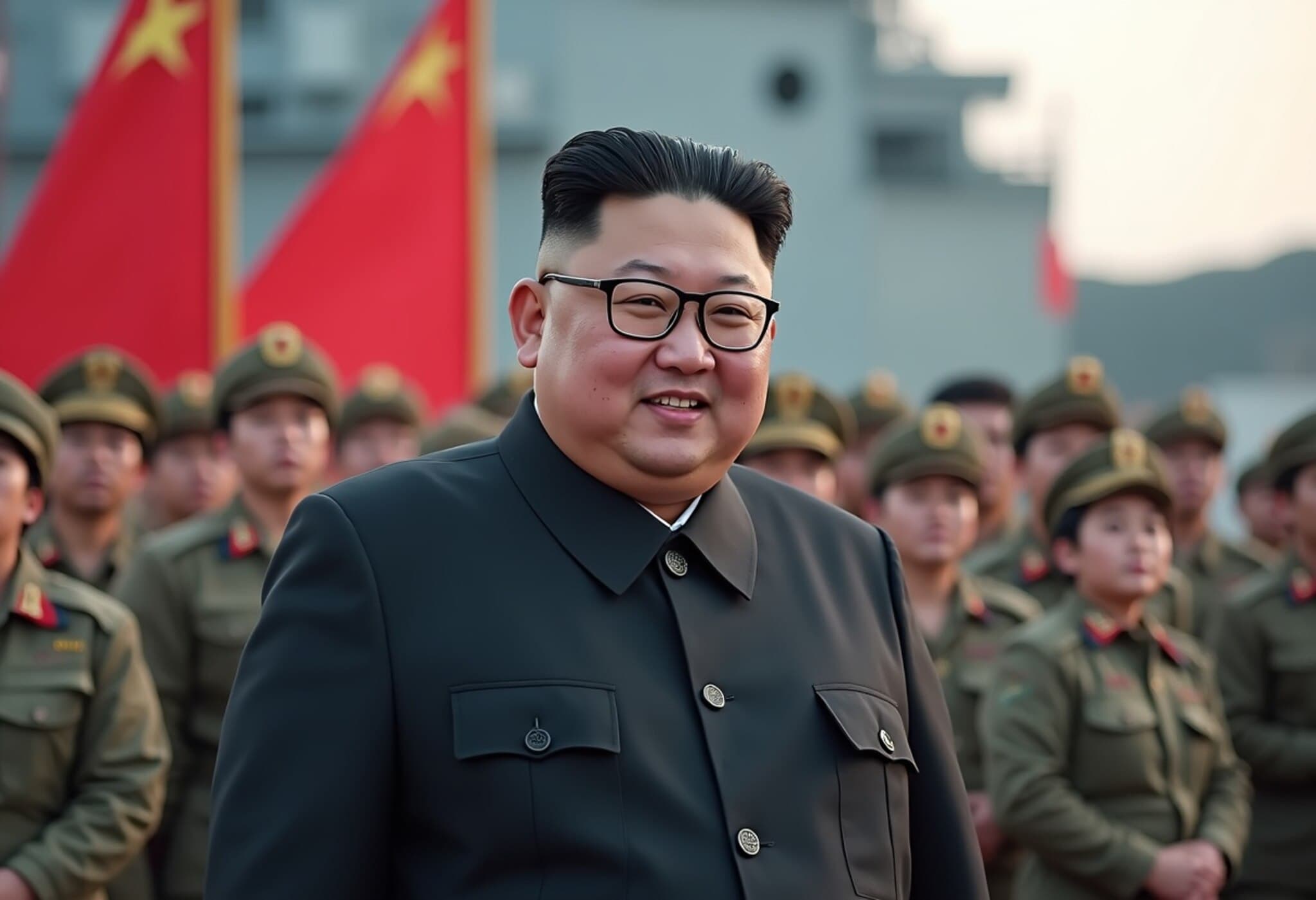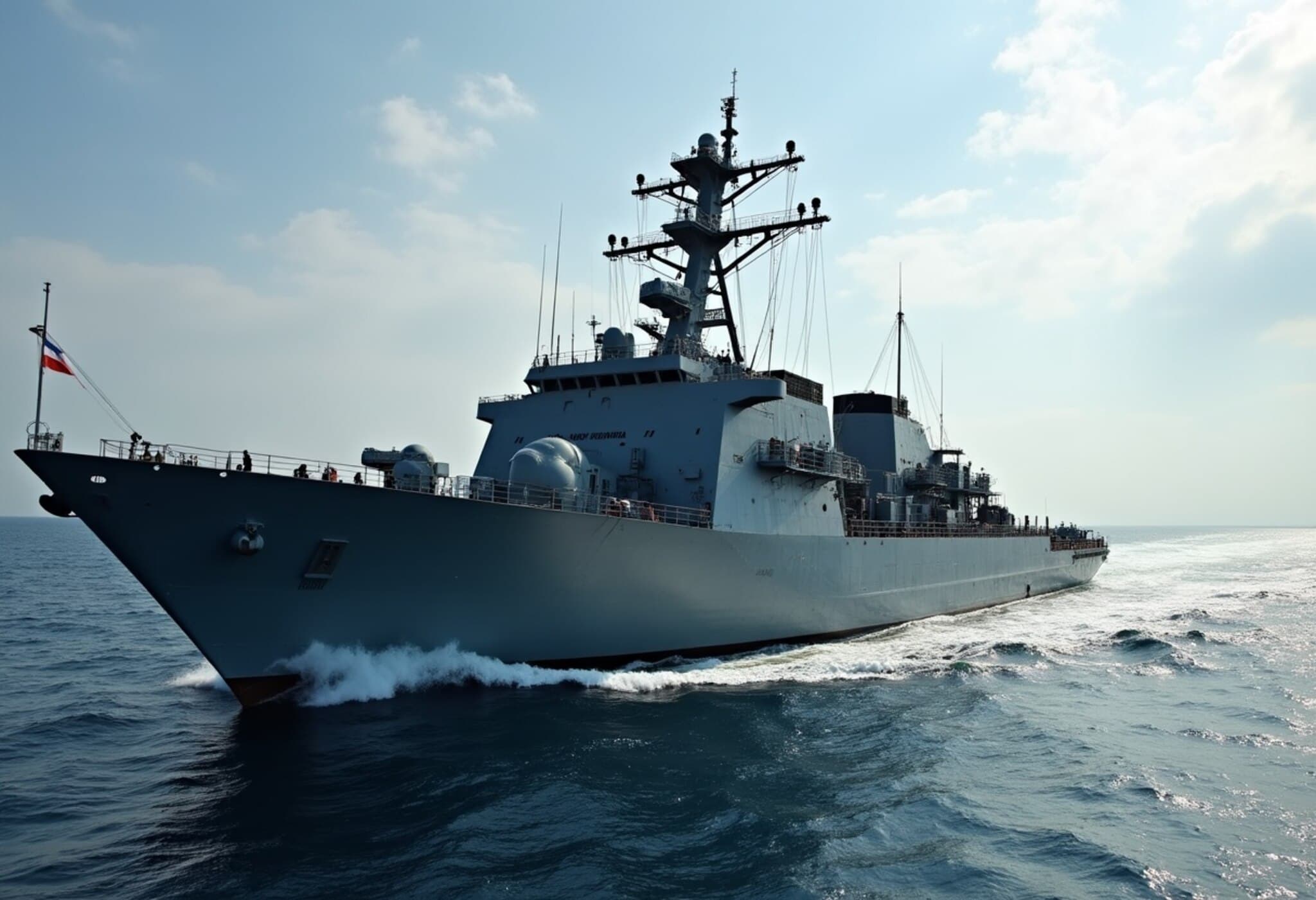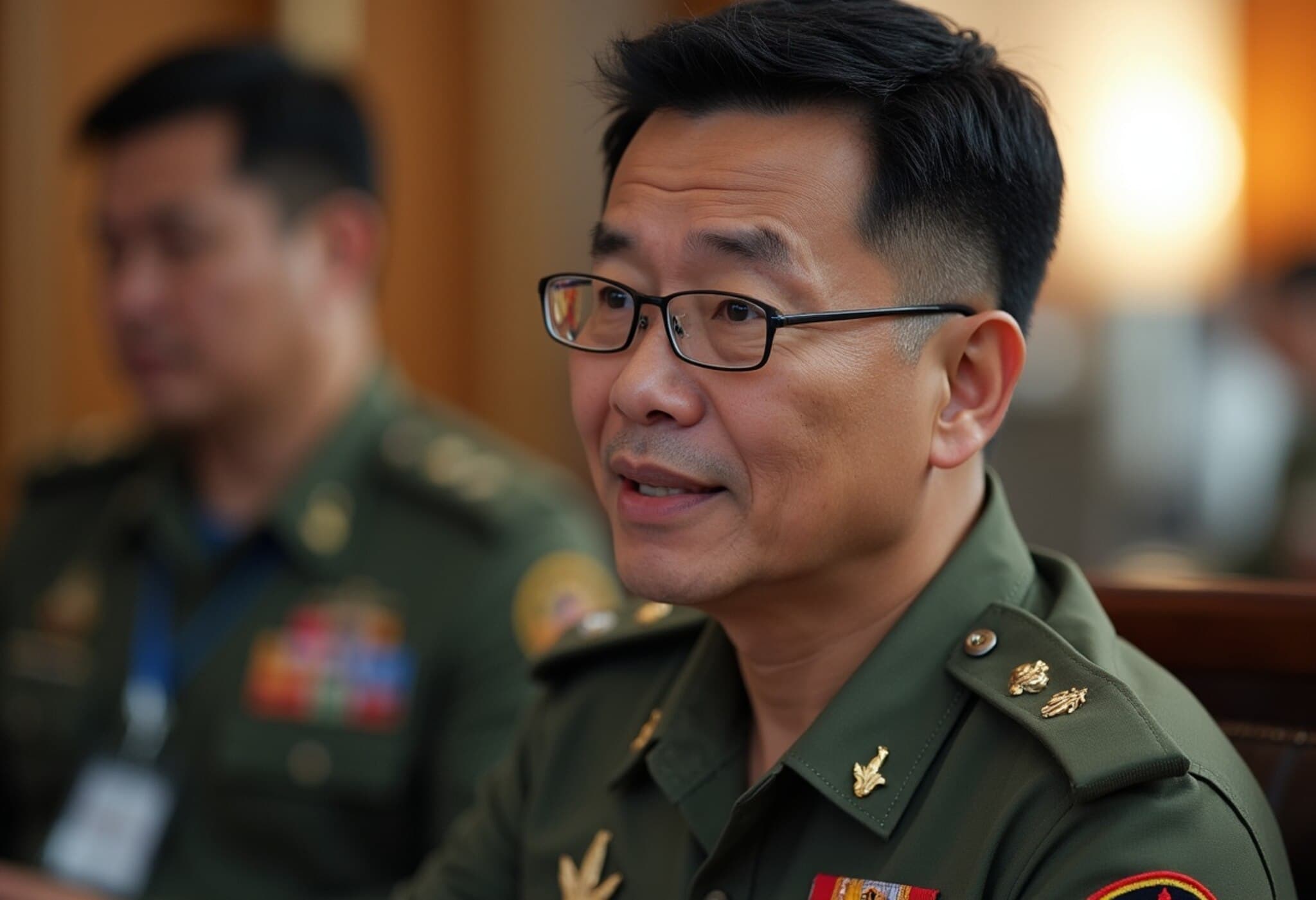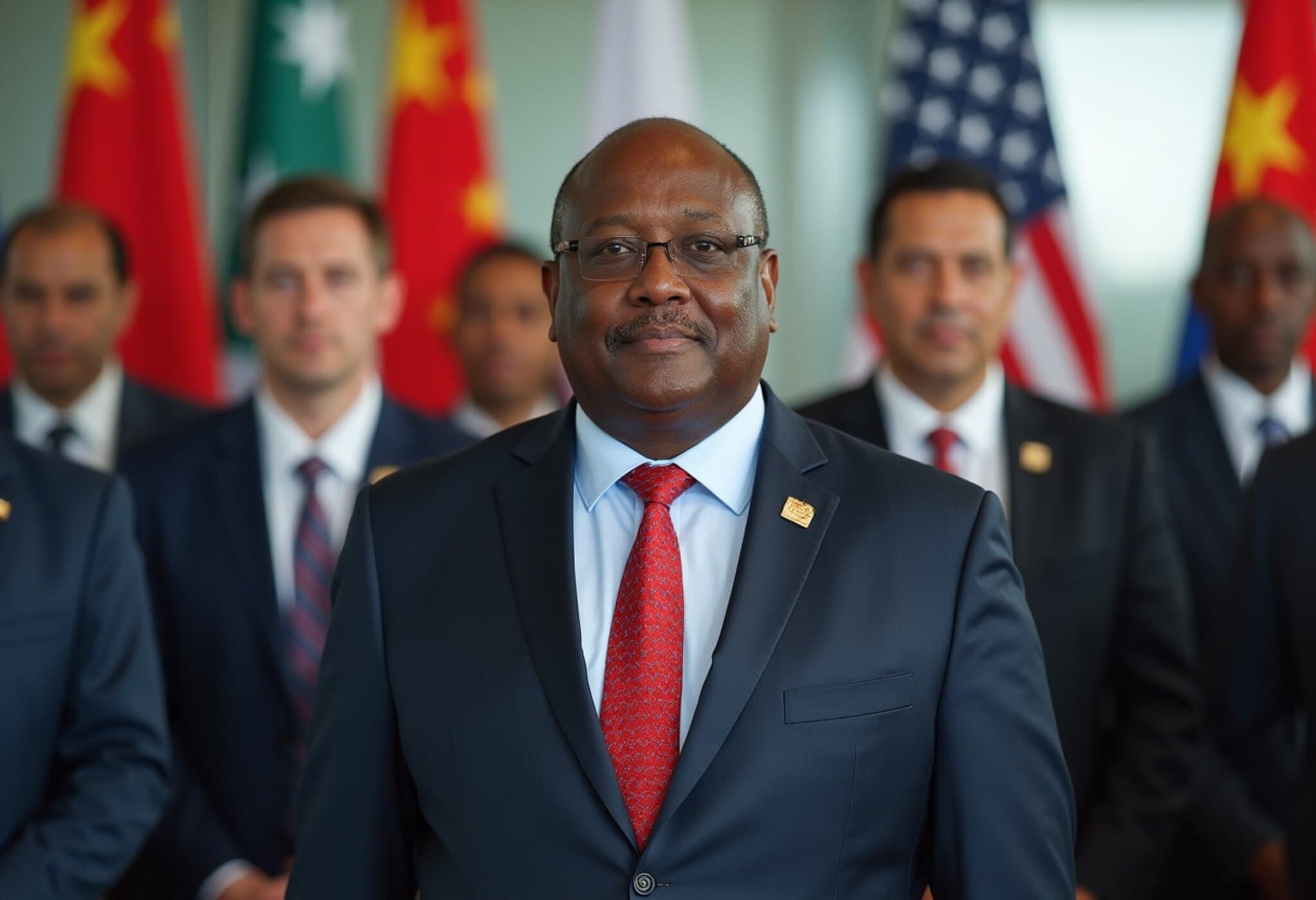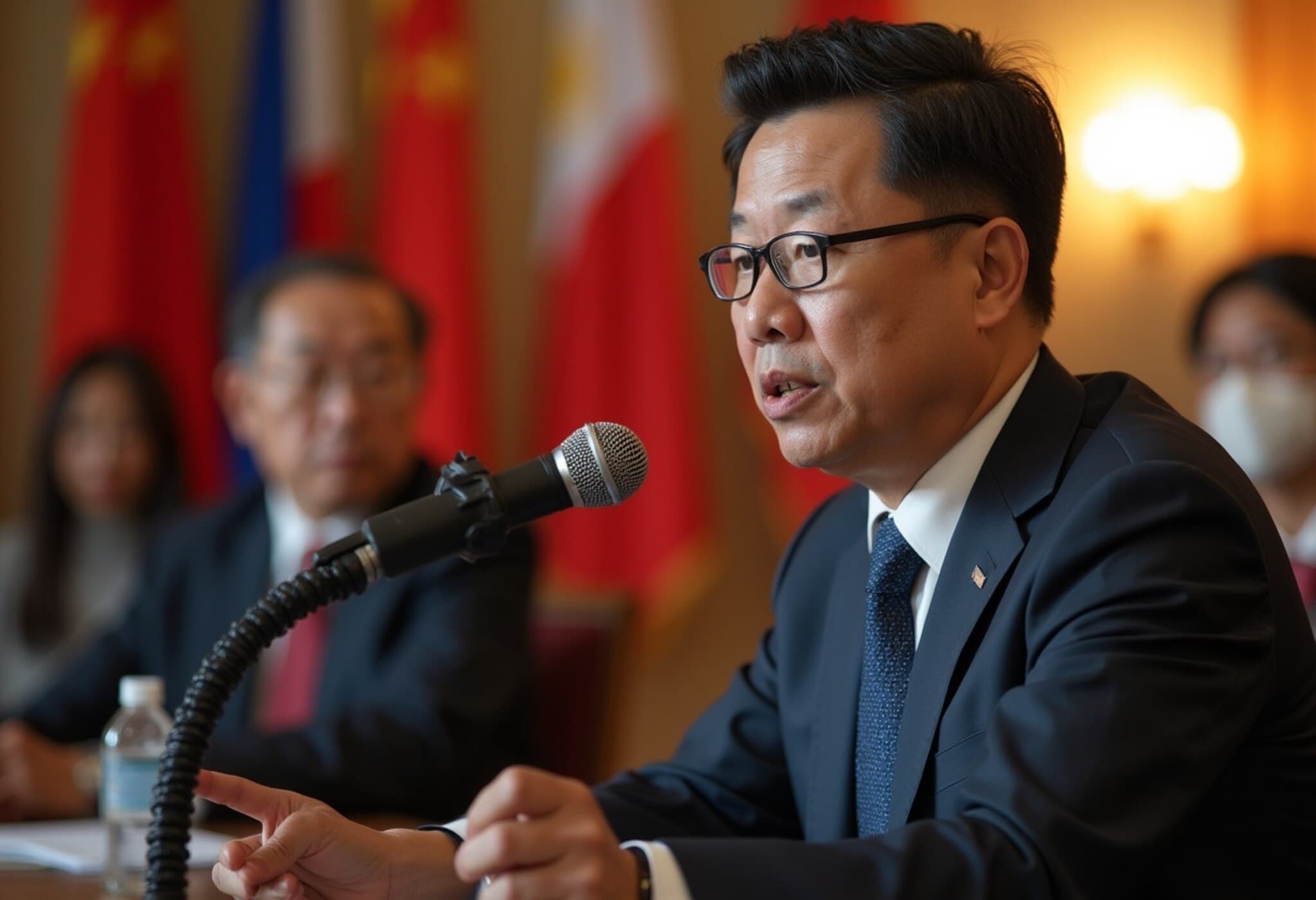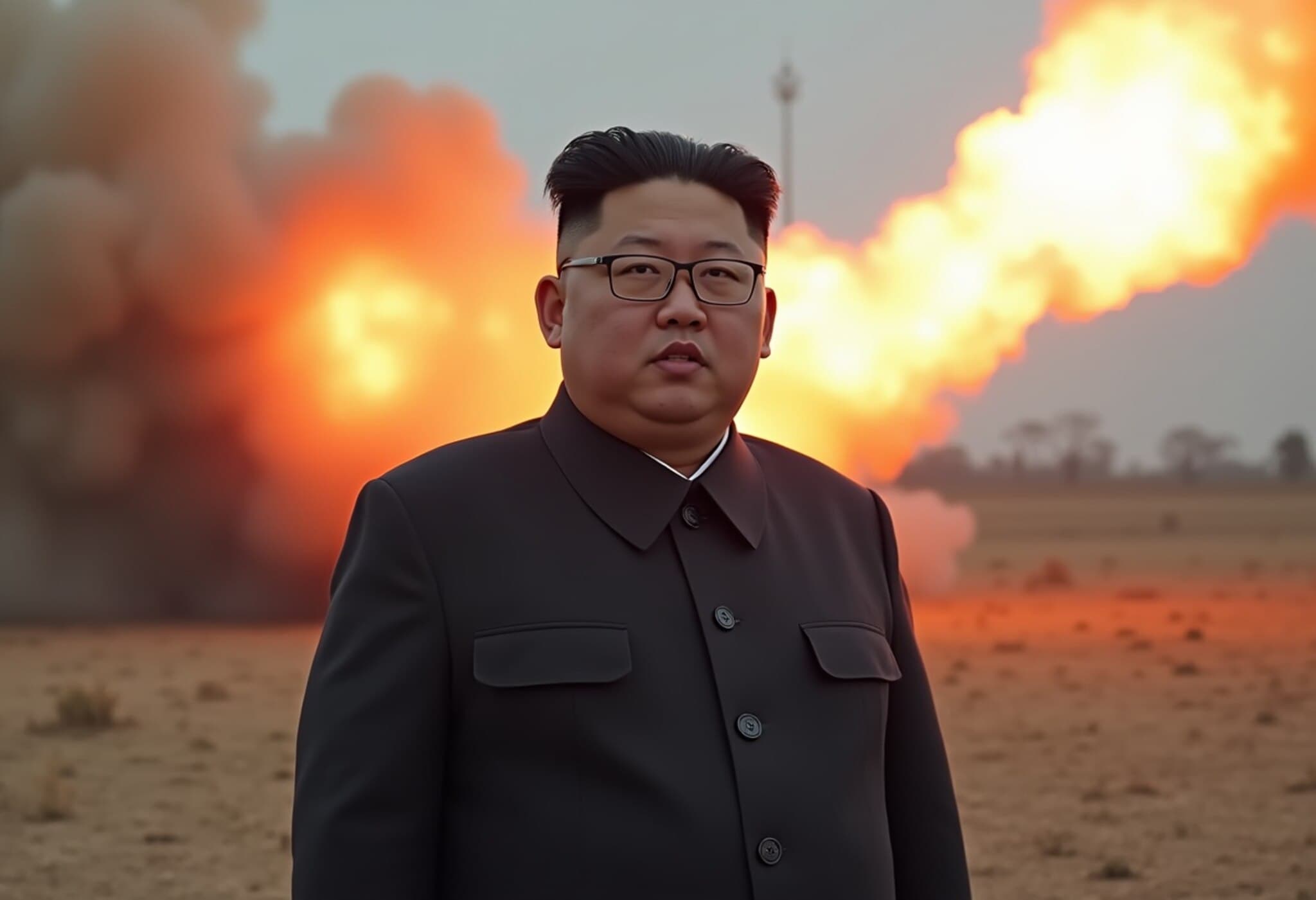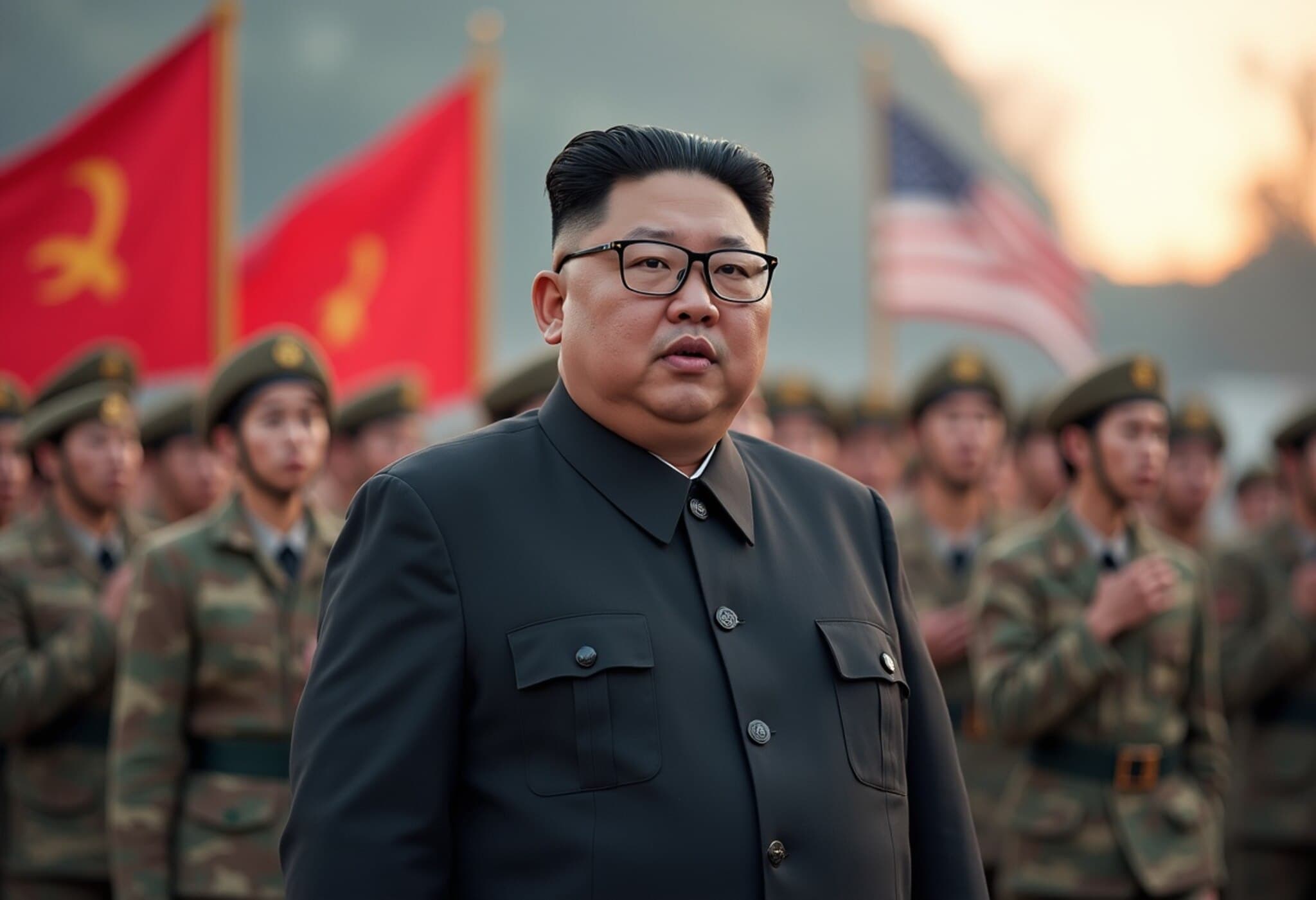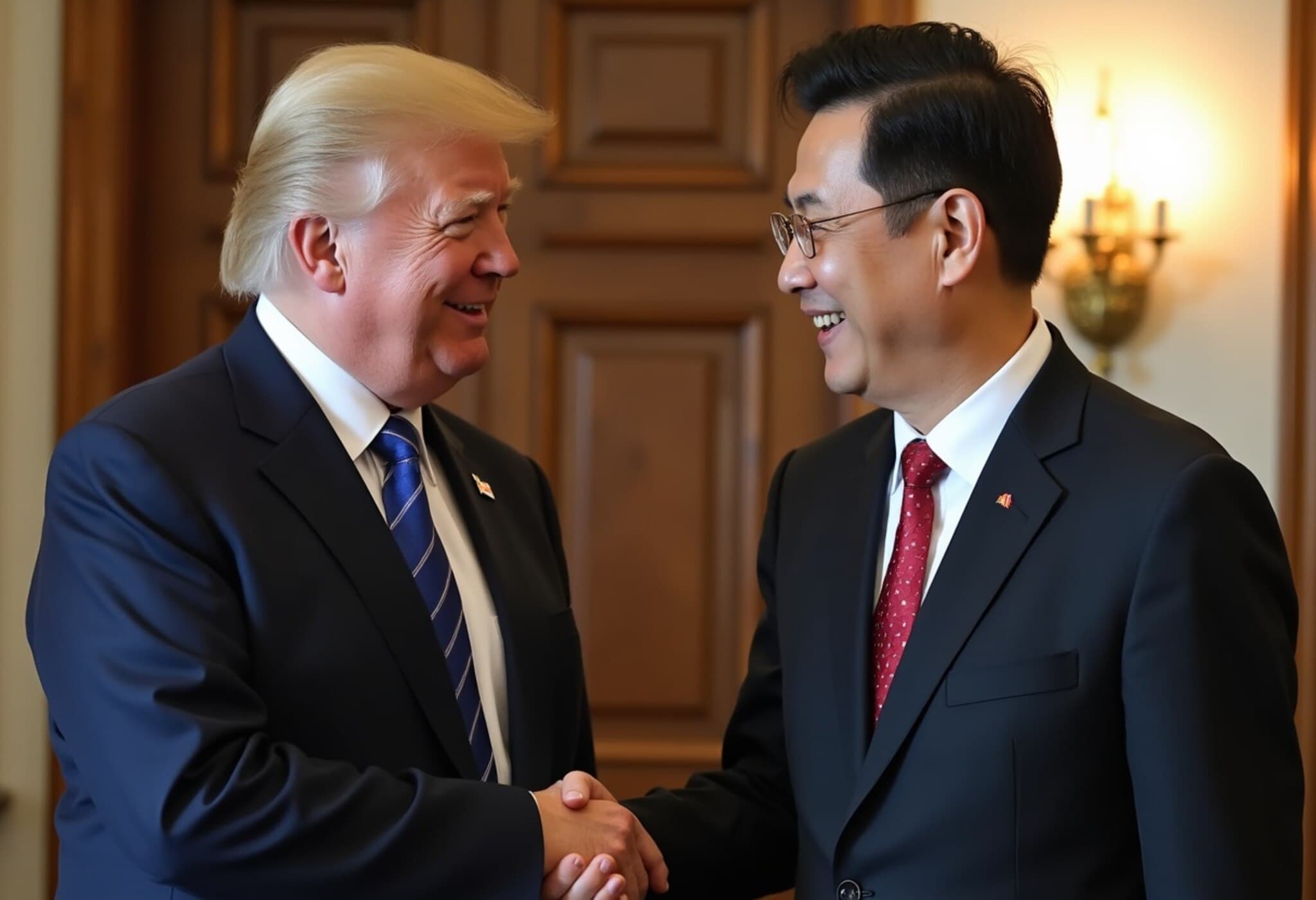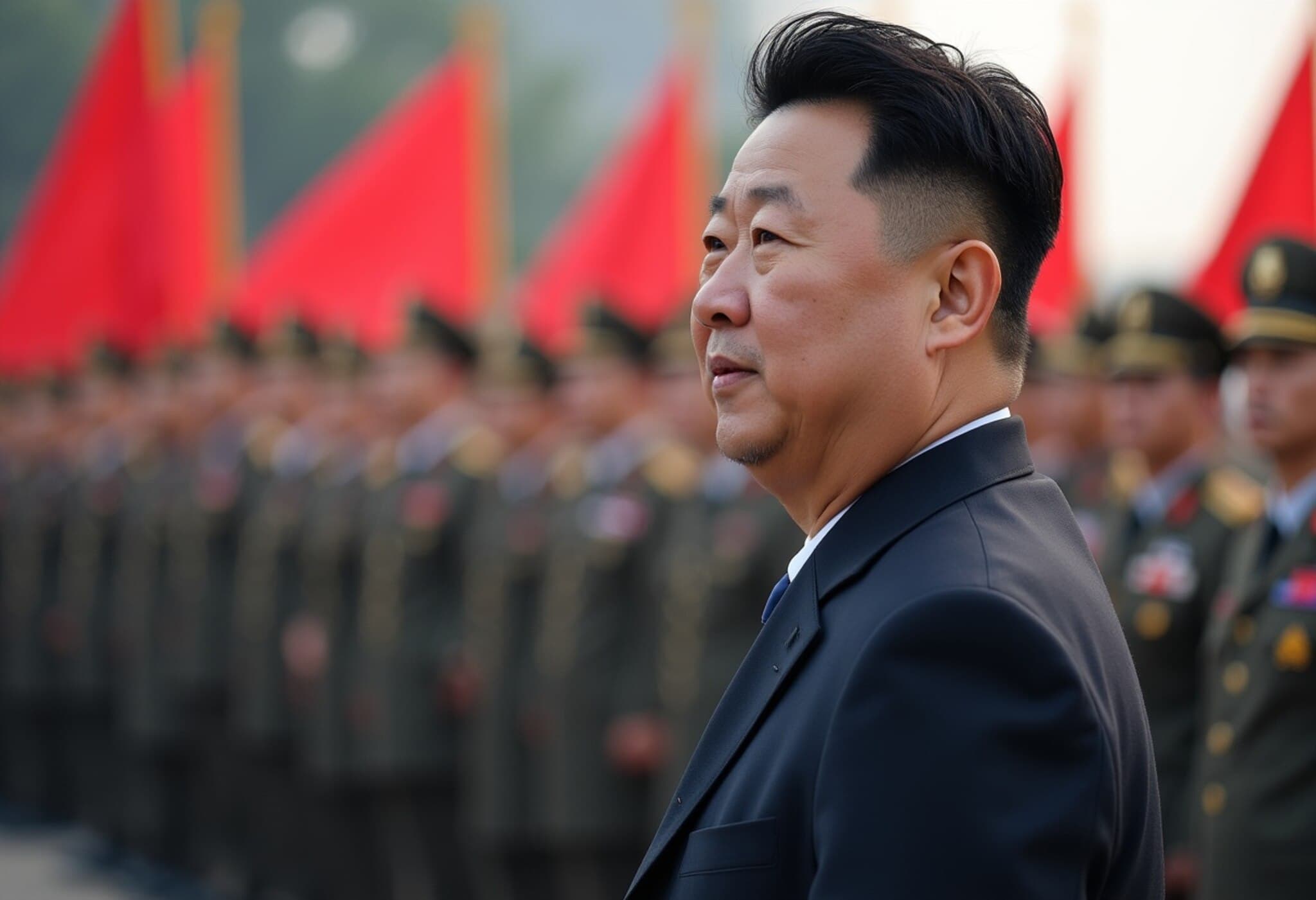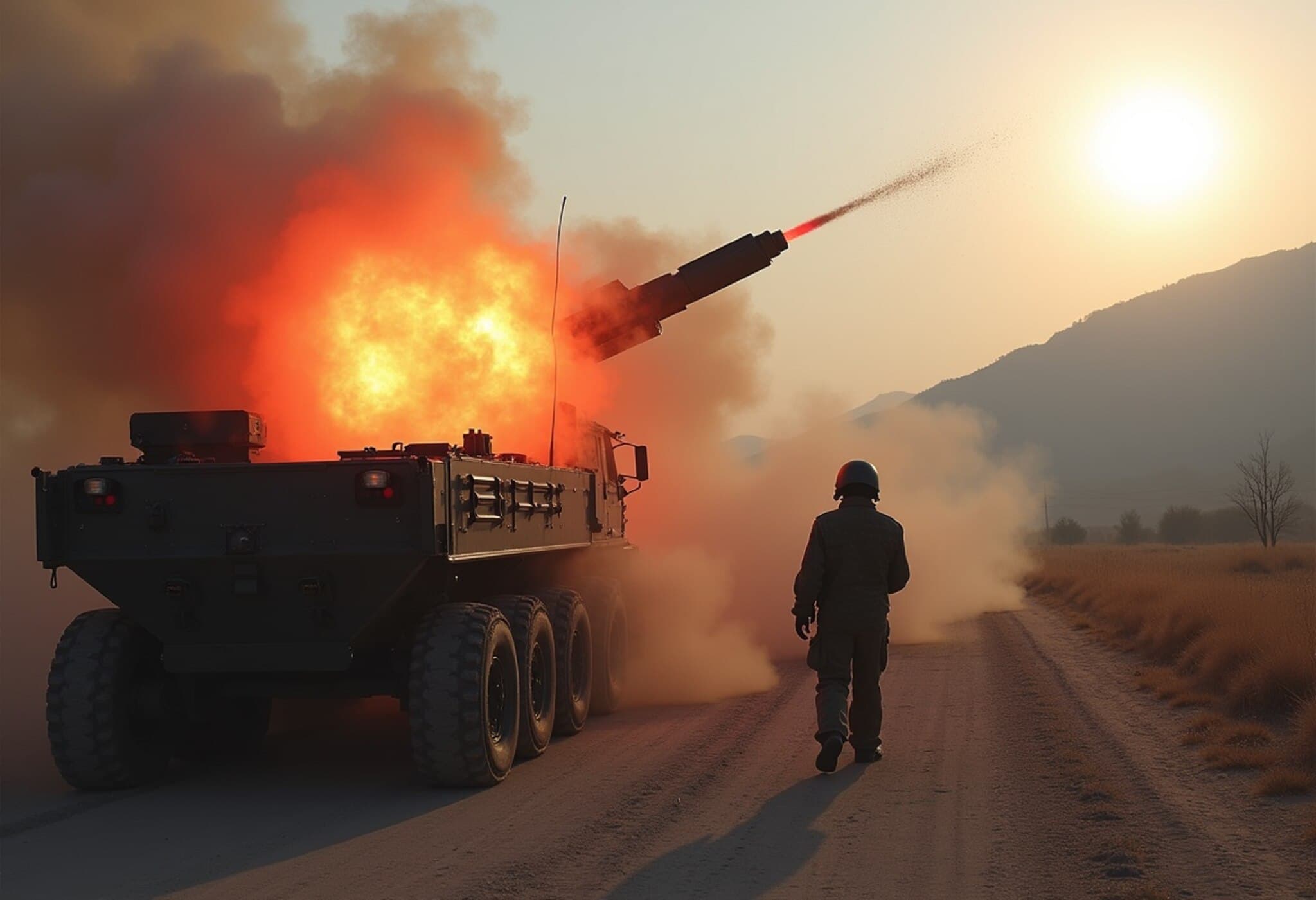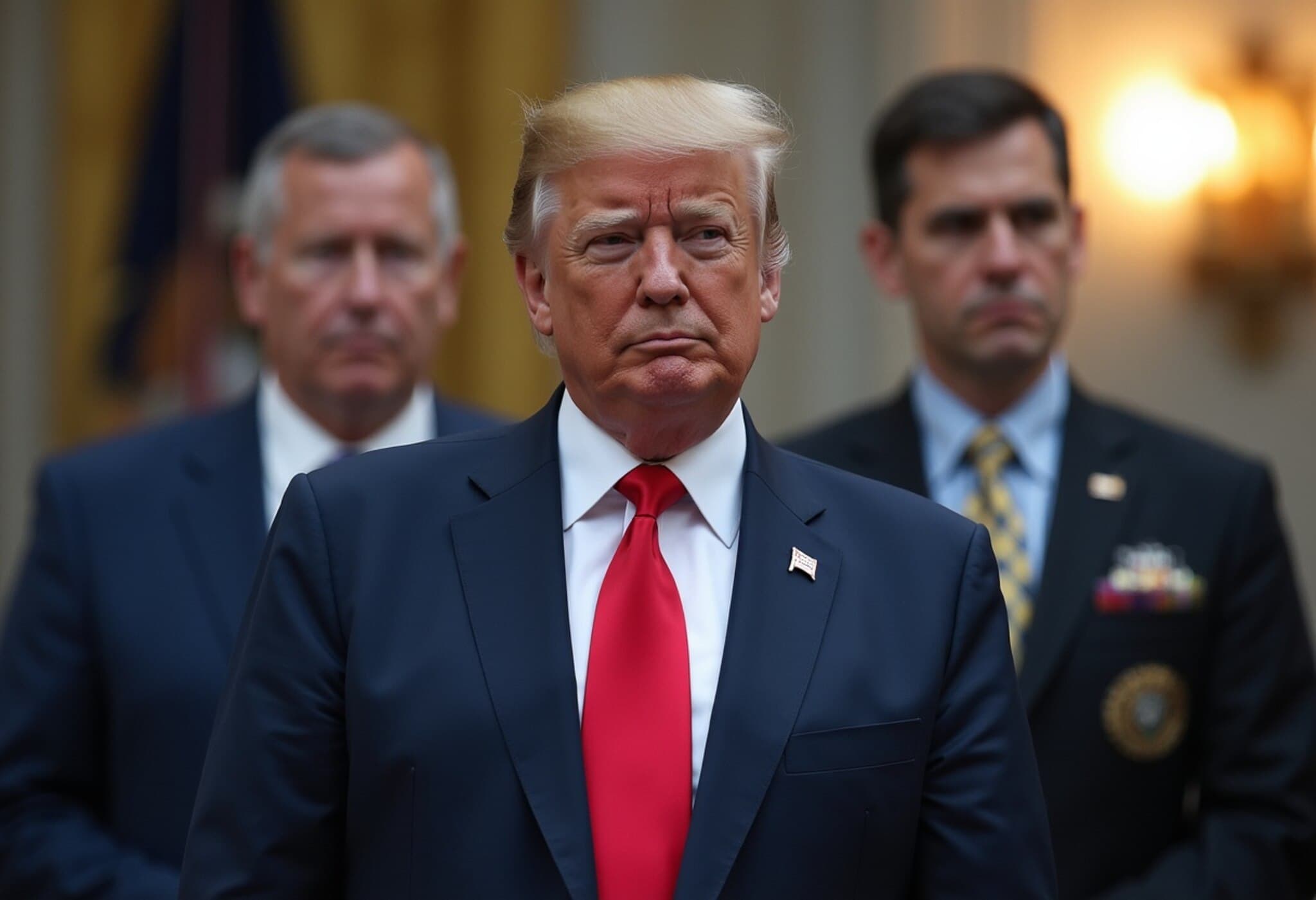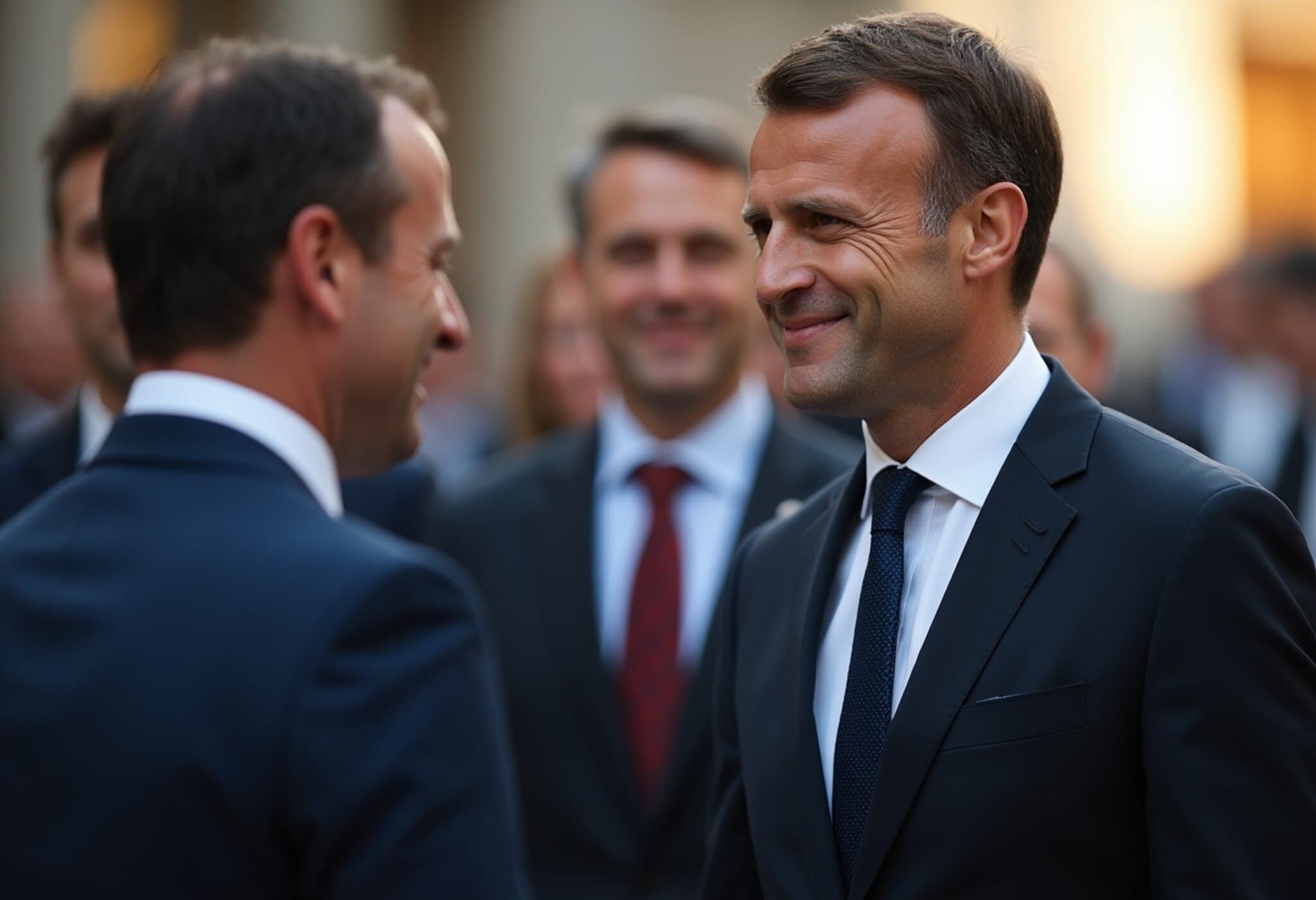Kim Jong Un Calls for Accelerated Nuclear Development
In a direct response to ongoing military drills conducted by the United States and South Korea, North Korean leader Kim Jong Un publicly called for the "rapid expansion" of his country's nuclear weapons capabilities. During a visit to the naval destroyer Choe Hyon on Monday, Kim emphasized the urgency of enhancing North Korea’s nuclear stance, citing the U.S.-South Korea alliance’s military activities as a catalyst that could "ignite a war." The statement was reported Tuesday by the Korean Central News Agency (KCNA).
Context of Heightened Military Tensions
The latest remarks come amid the commencement of the annual joint military exercises between the U.S. and South Korea, which started on Monday. This 11-day series of drills features multiple large-scale live-fire exercises. The U.S. Army has described these maneuvers as "defense oriented," designed to prepare for potential threats posed by North Korea’s increasingly sophisticated nuclear arsenal.
Kim Jong Un stressed that the escalating "military nexus" between Washington and Seoul represents an overt expression of intent to provoke conflict. In his words, "The prevailing situation requires us to make a radical and swift change in the existing military theory and practice and rapid expansion of nuclearization." Specifically, he expressed satisfaction with progress made towards making the North Korean navy both "high-tech and nuclear-armed," with a formal assessment scheduled for October.
Regional Implications and Diplomatic Postures
This development unfolds against a backdrop of recently intensified political dynamics on the Korean Peninsula. South Korean President Lee Jae-myung has signaled a significant shift compared to his predecessor’s hardline approach, vowing to "respect" North Korea’s political system and pursue dialogue without preconditions — a bid to build military trust despite Pyongyang’s skepticism.
Notably, Kim’s sister, Kim Yo Jong, asserted that North Korea currently has "no will to improve relations" with South Korea and denied reports that Pyongyang was dismantling propaganda loudspeakers along the inter-Korean border. This candid posture adds complexity to any diplomatic engagement prospects and underscores the volatility of inter-Korean relations.
Expert Analysis: What This Means for Global Security
From an expert perspective, Kim’s public demand for rapid nuclear expansion serves multiple strategic objectives. It is as much a domestic signaling tool to consolidate internal support by showcasing strength as it is a geopolitical message aimed at deterring perceived external threats. The insistence on nuclear-armed naval capabilities also suggests North Korea’s intent to diversify its strategic arsenal, increasing unpredictability in regional security calculations.
For Washington and Seoul, these statements heighten the stakes of their joint exercises and complicate efforts to re-engage North Korea diplomatically. The timing is particularly sensitive amid broader U.S. efforts to enforce sanctions and maintain pressure on Pyongyang’s nuclear ambitions while navigating the delicate balancing act of diplomacy.
- Key takeaway: North Korea’s nuclear agenda remains a central, destabilizing issue in Northeast Asia.
- Watch closely: Upcoming October assessments of the naval forces could unveil new nuclear capabilities integrated into maritime assets.
- Policy challenge: How the U.S. and South Korea balance deterrence, dialogue, and alliance coordination is crucial in the near term.
Looking Ahead: The Path for Diplomacy and Defense
The evolving dynamics underscore the enduring challenge of the Korean Peninsula’s denuclearization and peace process. While President Lee’s willingness to engage without conditions offers a hopeful avenue for dialogue, Pyongyang’s aggressive nuclear rhetoric must be factored into any negotiation framework. As North Korea intensifies its military modernization, the international community faces tough questions about containment, sanctions effectiveness, and diplomatic engagement strategies.
Editor’s Note
Kim Jong Un’s latest statements highlight the precarious balance between deterrence and diplomacy in Northeast Asia. With nuclear capabilities advancing and military postures hardening, the risk of miscalculation grows. Readers should consider how these developments reflect the interplay between regional security imperatives and the urgent need for renewed dialogue channels. What diplomatic tools remain viable when rhetoric escalates so sharply? How should the U.S. and its allies recalibrate their approach to manage both conflict risks and the overarching goal of peace on the Korean Peninsula?


